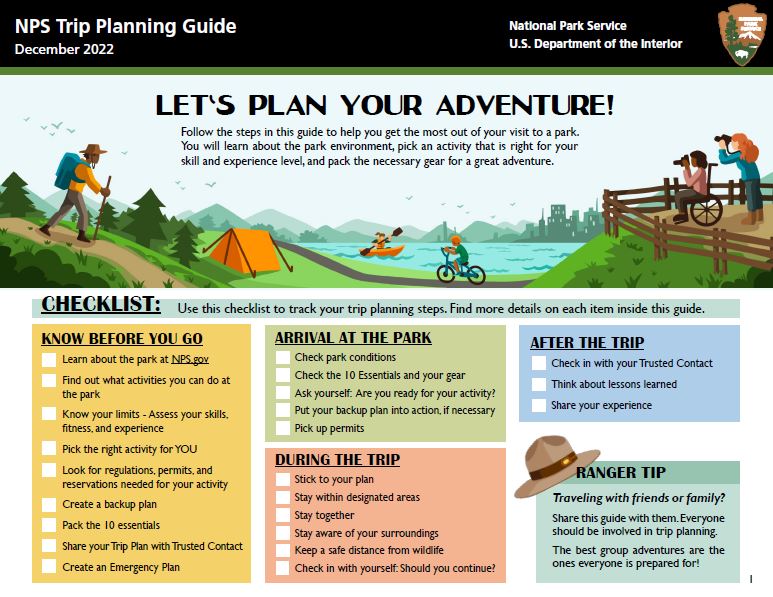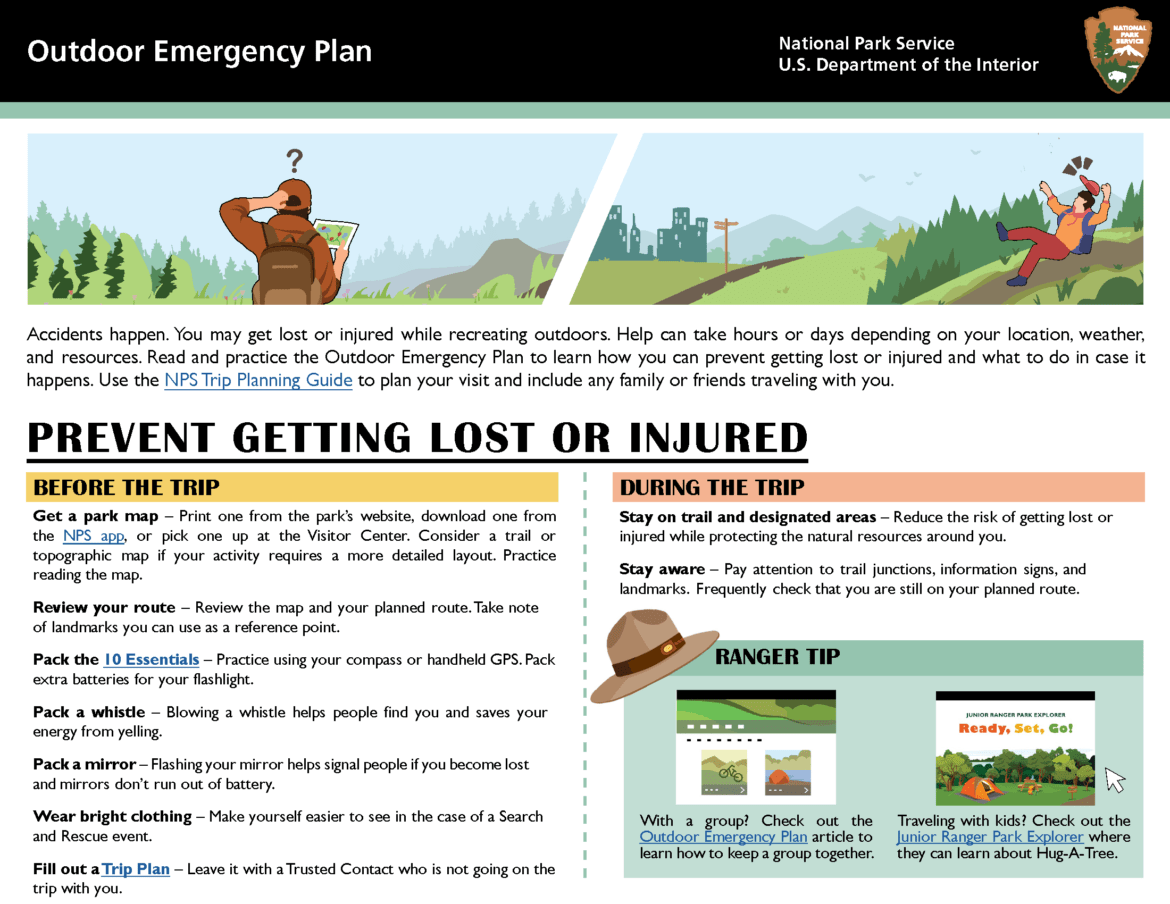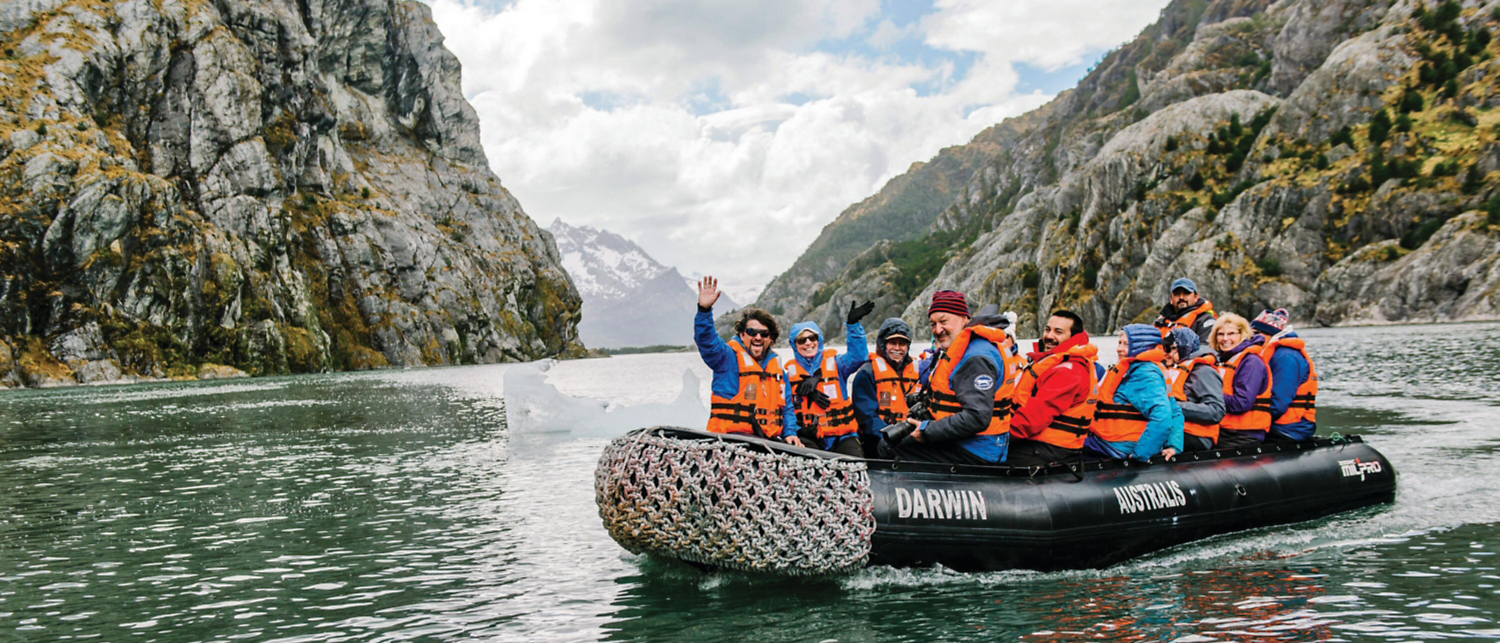
Credit: www.nps.gov
Introduction
Travel planning is exciting but can be challenging. One important aspect is emergency medical preparation. This guide will help you stay safe and ready during your travels. Let’s dive in!
Why is Travel Planning Important?
Travel planning ensures a smooth and enjoyable trip. It helps you avoid last-minute stress. You get to explore and experience new places worry-free.
- It saves time and money.
- Ensures you don’t miss important attractions.
- Helps you stay organized and prepared.
The Role of Emergency Medical Groups
Emergency medical groups are crucial for travelers. They provide immediate help in case of medical emergencies. Knowing about these groups can save lives.
- They offer quick medical assistance.
- Provide peace of mind during your travels.
- Help you find the best medical care abroad.
Steps to Plan for Travel Emergencies
Planning for travel emergencies is essential. Here are some steps to follow:
1. Research Your Destination
Know the local medical facilities. Find out if there are any travel advisories. Learn about the local healthcare system.
2. Get Travel Insurance
Travel insurance covers medical emergencies. It ensures you get the best care without worrying about costs. Make sure to read the policy details.
3. Pack A First Aid Kit
A first aid kit is essential. It should include basic medical supplies. Bandages, antiseptics, and pain relievers are must-haves.
4. Keep Important Contacts Handy
Have a list of emergency contacts. This should include local medical facilities and your travel insurance provider. Keep this list in an easily accessible place.
What to Include in Your Travel First Aid Kit
| Item | Purpose |
|---|---|
| Bandages | For minor cuts and scrapes |
| Antiseptic Wipes | To clean wounds |
| Pain Relievers | For headaches and minor pains |
| Prescription Medications | Any personal medications you need |
| Thermometer | To check for fever |
| Gauze Pads | For larger wounds |
Choosing the Right Travel Insurance
Travel insurance is vital for medical emergencies. Here are some tips to choose the right one:
1. Coverage
Ensure the policy covers medical emergencies. Check if it includes evacuation and repatriation.
2. Cost
Compare different policies. Ensure you get the best value for your money. Look for any hidden fees.
3. Reviews
Read reviews from other travelers. This will give you an idea of the insurance company’s reliability.
How to Handle Medical Emergencies Abroad
Medical emergencies can be scary, especially abroad. Here’s how to handle them:
1. Stay Calm
Panic can make the situation worse. Take deep breaths and stay composed.
2. Contact Emergency Services
Dial the local emergency number. Provide them with all necessary details.
3. Use Your First Aid Kit
Administer first aid if needed. This can help stabilize the situation until help arrives.
4. Contact Your Insurance Provider
Inform them about the emergency. They can guide you on the next steps.

Credit: m.facebook.com
Top Emergency Medical Groups for Travelers
Many organizations offer medical assistance to travelers. Here are some top ones:
- International SOS: Provides medical and travel security services. They have a global network of clinics.
- MedAire: Offers medical assistance for air and sea travelers. They have a team of healthcare experts.
- Allianz Global Assistance: Provides travel insurance and medical assistance. They have a 24/7 helpline.
Frequently Asked Questions
What Is An Emergency Medical Group?
An emergency medical group offers immediate medical care for unexpected illnesses or injuries while traveling.
How To Find Emergency Medical Services?
Look for local hospitals, clinics, or specialized emergency medical groups online for quick assistance.
Do Travel Insurance Cover Medical Emergencies?
Yes, most travel insurance plans cover emergency medical expenses during your trip.
What Should I Carry For Medical Emergencies?
Carry essential medications, first-aid kit, and important medical documents like prescriptions and insurance details.
Conclusion
Travel planning and emergency medical preparation are essential. They ensure a safe and enjoyable trip. Follow the steps in this guide to stay prepared. Happy travels!



